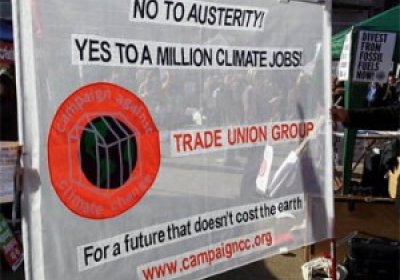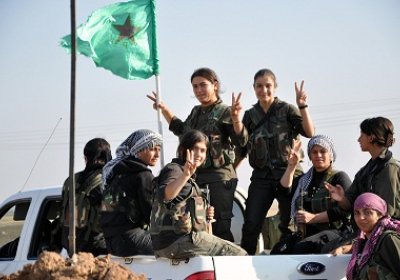Residents and activists from the Redfern Aboriginal Tent Embassy will be protesting against the developer threatening to instigate a new development on the land known as the “The Block”.
The protest will take place on Saturday, March 21, starting at 11am at the Tent Embassy opposite the Redfern Community Centre.
Developer DeiCorp recently advertised its Redfern developments by saying: “The Aboriginals have already moved out, now Redfern is the last virgin suburb close to city.”
Democracy
My name is Stephanie O’Donnell, but I also go by “the girl from the plane”.
On December 19, my partner and I were at Sydney Airport on our way to Heathrow via Beijing. We had booked the cheapest flight available and were waiting to check in for flight CA174, when a plucky activist approached us.
Protests against the forced closure of Aboriginal communities in Western Australia were held across Australia on March 19.
US bars UN torture investigator from jails and Guantanamo
The United Nations special investigator on the use of torture criticised the US on March 11 for stalling for over two years in granting the international human rights body access to inmates at Guantanamo Bay and other federal US prisons.
The following statement was released by Aid/Watch, an independent monitor of international aid and trade, on March 5.
* * *
Australia spends $577 million a year on aid for Papua New Guinea (PNG). Two key focus areas are anti-corruption related — law and justice, and governance.
PNG has concurrently undertaken a number of national processes to combat corruption without Australian support.
Experience proves that left-wing movements can win government, but nevertheless not hold power. Democracy, in other words the exercise of power by the people and for the people, requires much more.
The problem is now being faced in Greece with with radical left party SYRIZA, which won elections in January. It will have to be faced in Spain if the new anti-austerity party Podemos wins November elections.
What does the victory of radical left party SYRIZA in Greece's January 25 elections mean for politics in Europe, at Europe-wide and national levels? Both levels are closely intertwined, and since SYRIZA’s win have been having rapid feedback effects on each another.
Across Europe, the reverberations of SYRIZA’s win are being felt with rising force, both in “peripheral” Europe, but also in the German-led European Union “core”.
The recent 70th anniversary of the liberation of Auschwitz was a reminder of the great crime of fascism, whose Nazi iconography is embedded in our consciousness.
Fascism is preserved as history, as flickering footage of goose-stepping blackshirts, their criminality terrible and clear. Yet in the same liberal societies, whose war-making elites urge us never to forget, the accelerating danger of a modern kind of fascism is suppressed; for it is their fascism.
Some 20,000 people marched through central London on Saturday, in the Time to Act! protest, demanding that climate change be taken seriously by political parties in the coming General Election.
Time to Act!, launched by the Campaign Against Climate Change, brought together a wide coalition of environmental and left wing organisations.
The march was young, vibrant and diverse: placards from the Greens, Socialist Worker and Left Unity mixed with banners and flags from Friends of the Earth, Greenpeace, the Peoples’ Assembly and trade unions.
A largely unknown region to the rest of the world became one of the most talked about globally in recent months.
Kobane is a town that suffered a too-harsh fate. Innocent civilians never think that one day they would face massacres — except that being a Kurd in a town like Kobane (in a largely Kurdish area in the north-west of the Syrian state), means you face such things.
Tamil women whose relatives are missing completed a three-day hunger strike at Nalloor, a town in the north of Sri Lanka, on March 8.
The women, led by Northern Provincial Council member Ananthy Sasitharan, were demanding an international investigation into the disappearance of their relatives, who were arrested or abducted by the Sri Lankan armed forces.
The women were joined by young people who had finished a four-day march from Mullivaikkaal, site of the genocidal massacre of Tamils by the army in the final stages of the war, which ended in May 2009.
The NSW government’s decision to buy back coal seam gas (CSG) licences in the upper Hunter just before a state election raises more questions than it answers.
- Previous page
- Page 317
- Next page







